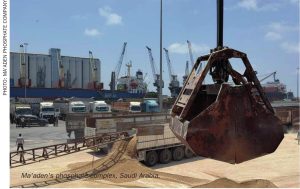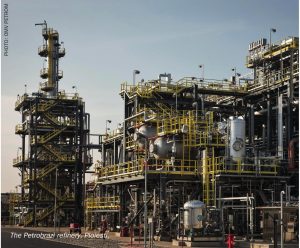The Abu Dhabi National Oil Company (ADNOC), working in partnership with Italy’s Eni and Thailand’s PTT Exploration and Production, has completed a structured financing transaction of up to $11 billion for its huge Hail and Ghasha sour gas development. Dr. Sultan Ahmed Al Jaber, UAE’s Minister of Industry and Advanced Technology and ADNOC’s Managing Director and Group CEO, commented: “This landmark transaction builds on ADNOC’s successful track record of global energy partnerships and unlocks capital to drive progress at Hail and Ghasha, one of the world’s most ambitious offshore gas projects. The exceptional demand from over 20 leading global and regional financial institutions reinforces confidence in ADNOC’s value creation strategy, innovative approach to financing, and expertise in delivering mega projects. Hail and Ghasha is an important contributor to ADNOC’s gas strategy and is on track to generate significant value for ADNOC, our partners, and the UAE, while unlocking important new gas resources for our customers.”






